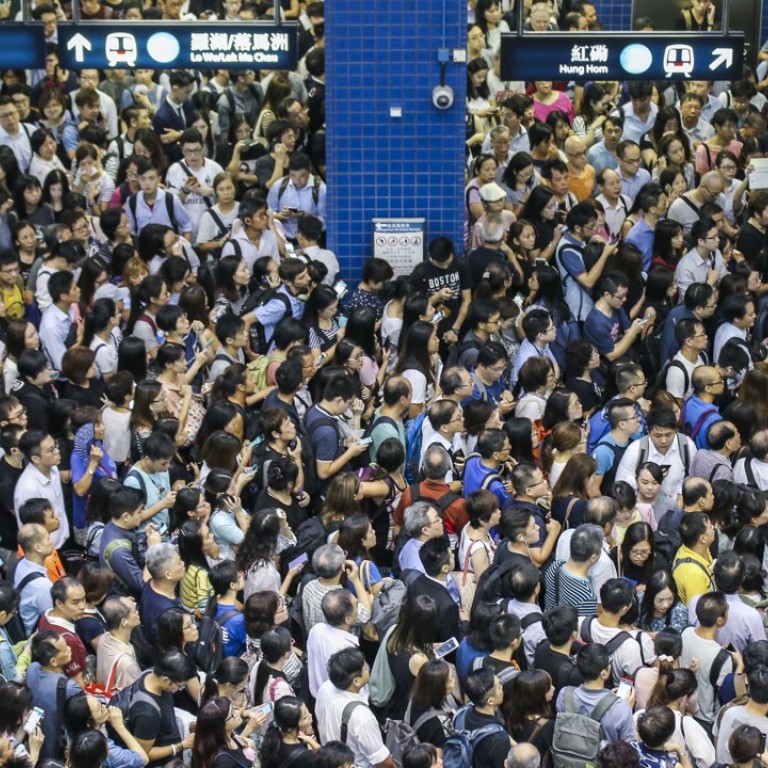
Hong Kong travel chaos after Typhoon Mangkhut a chance to take the lead on labour law
The signal 10 severe Typhoon Mangkhut hit Hong Kong on Sunday, September 16. By 5.20am on Monday, the signal was downgraded to T3 and, in the absence of any other directives, the assumption was that everyone was expected to go to work as usual, although, a few hours later, the government called for flexible arrangements based on “mutual understanding” between employers and employees.
The situation left many people asking why the government did not give the city a day to recuperate.
But those who asked this question might not have been aware that, according to Hong Kong laws, the chief executive does not have the authority to grant leave days. The law may be amended but this must be done through the proper channels, specifically the Legislative Council. After all, we are a society based on the rule of law.
To begin with, citizens should only be obliged to return to work once public facilities have been restored. The alternative leads to delays and extreme crowding, as seen on September 17, which also increased the workload of frontline staff and further delayed the resumption of services. We should be better prepared for the next superstorm, which may come sooner than we think.
Ma Shang, Sai Wan Ho

